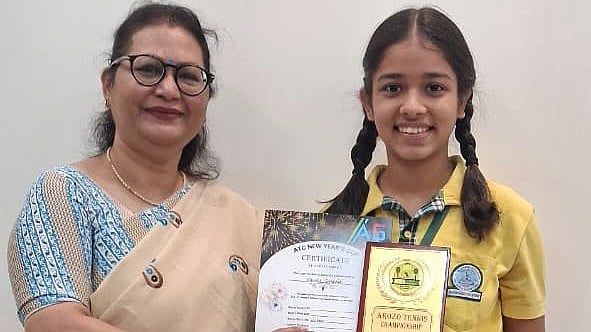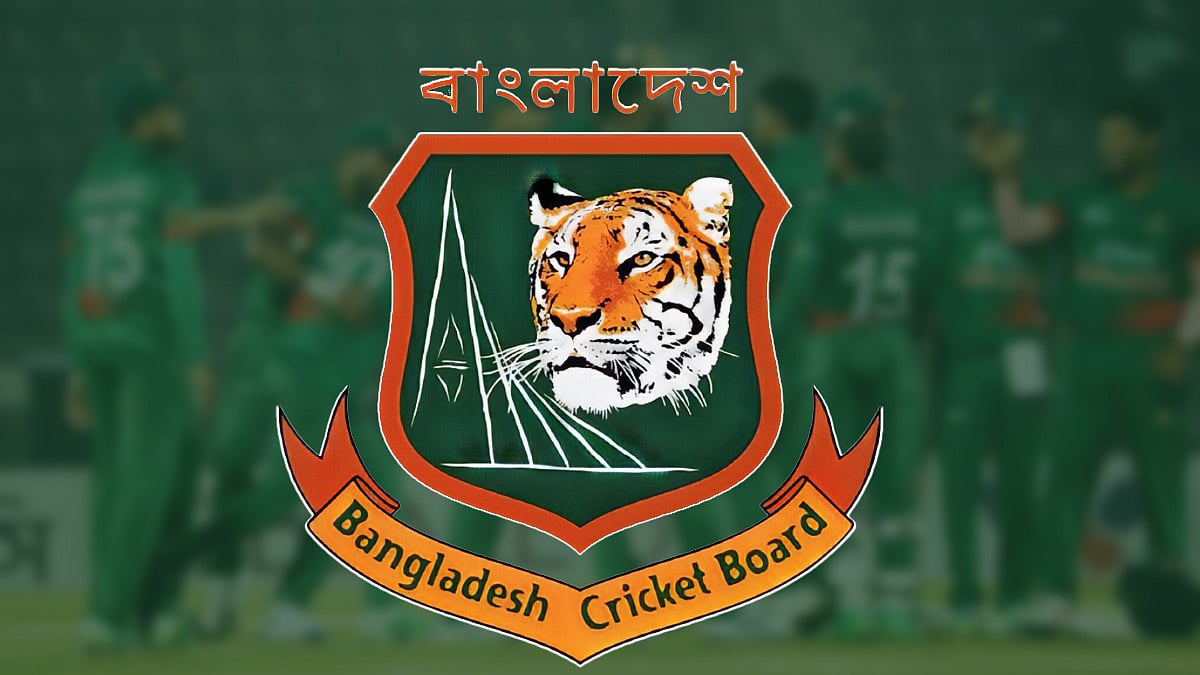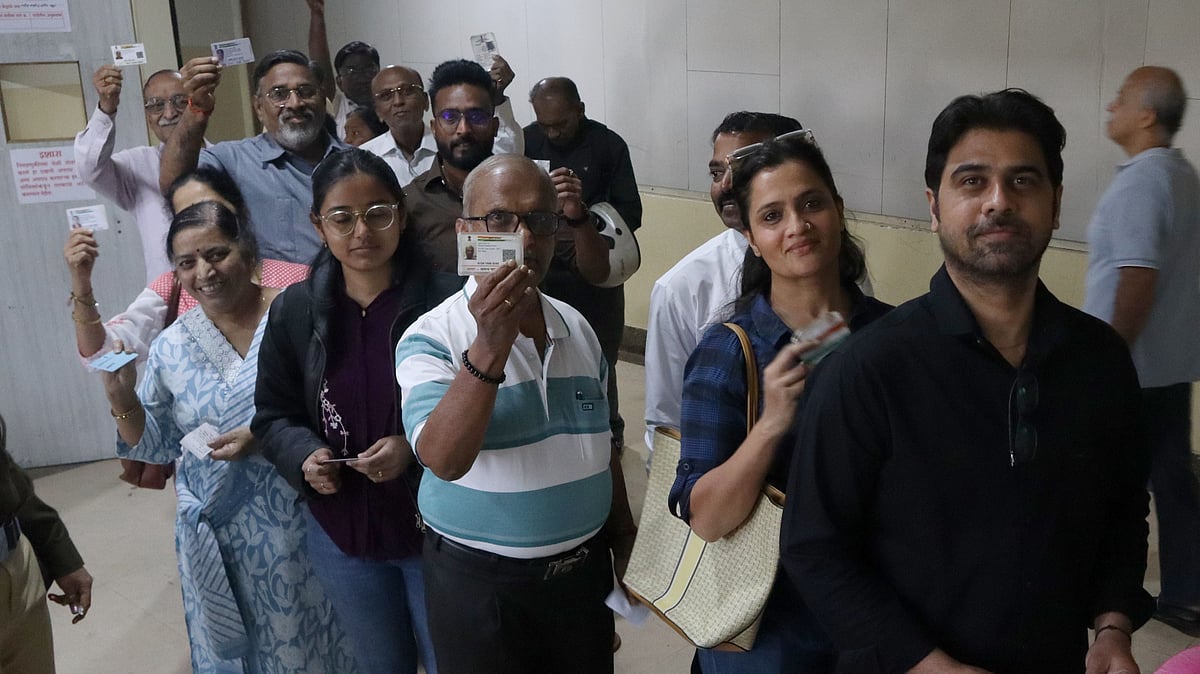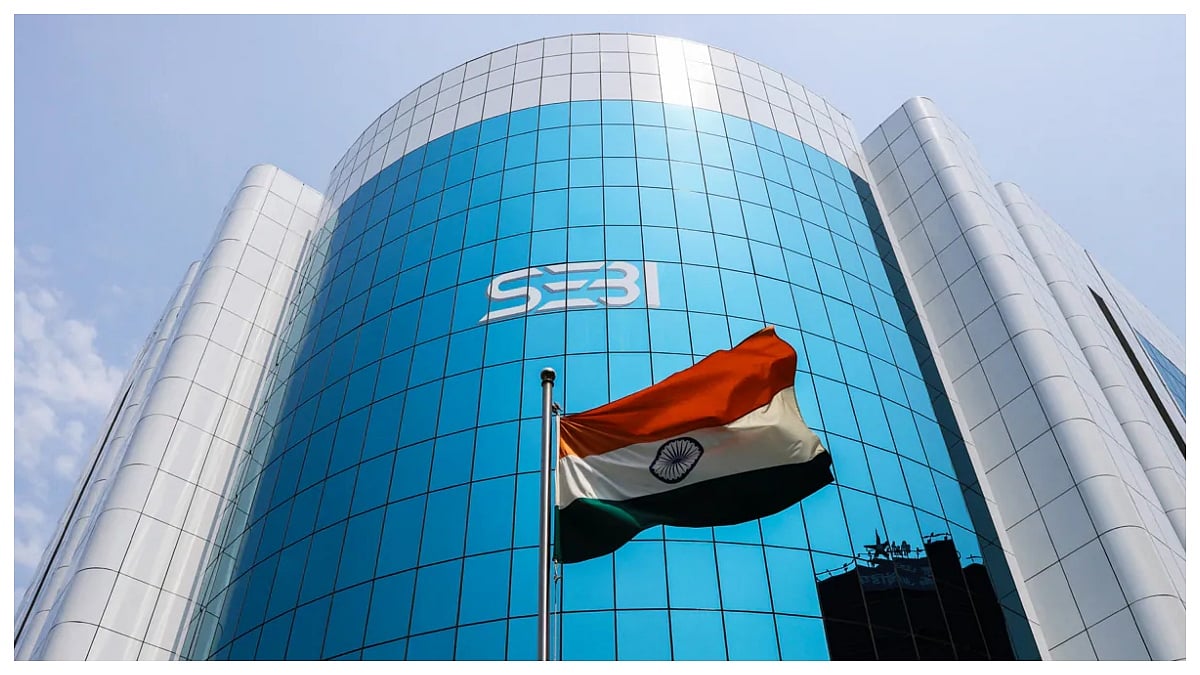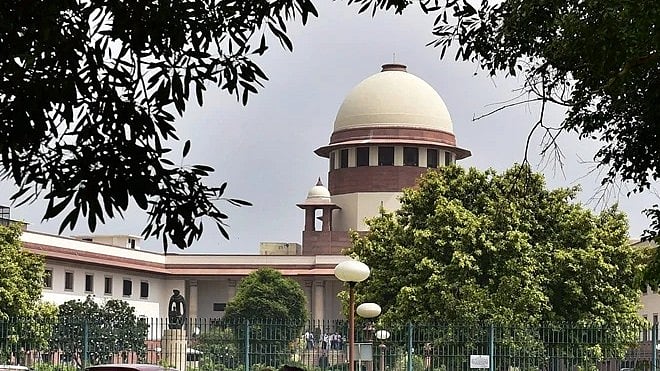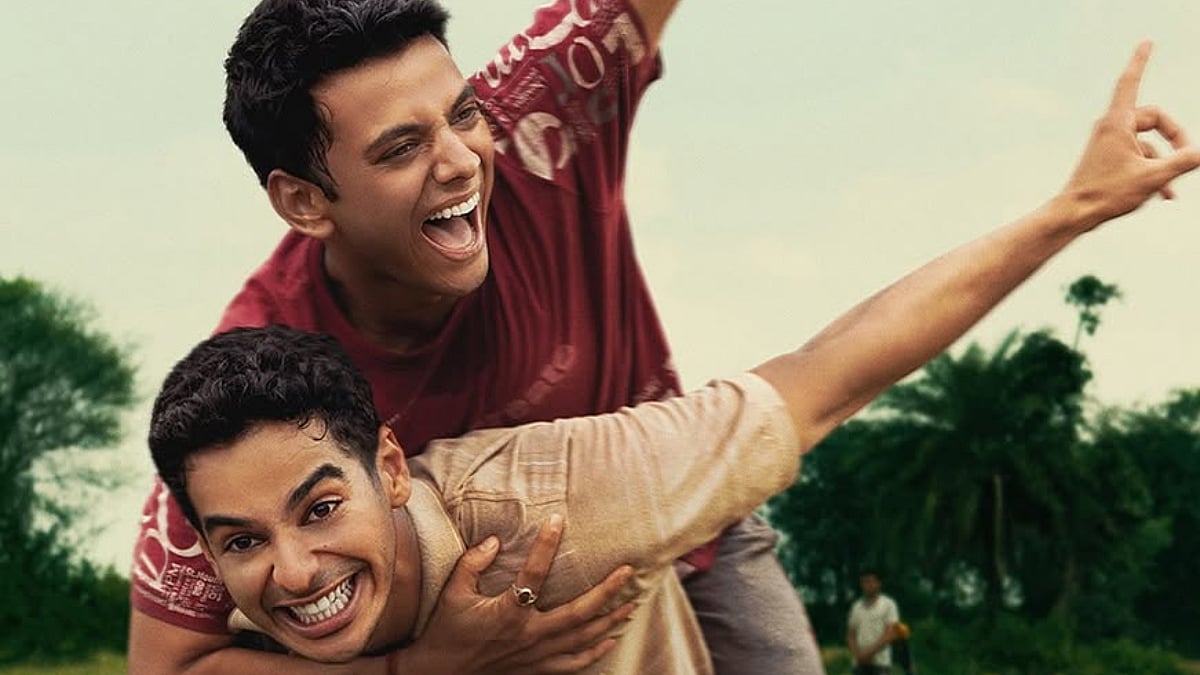Senior BJP minister Nitin Gadkari has been doing fabulous work on the infrastructure front in India. Roads, highways, bridges, tunnels are being constructed in every corner of the country. Not to be missed is the infrastructure work taking place in Jammu and Kashmir, Ladakh and Arunachal Pradesh, all sensitive border states where infra development has received a new, post-Galwan urgency.
Gadkari's latest announcement that from 2025 auto manufacturers will have to install air-conditioned driver cabins in trucks is yet another of his perceptive, inclusive and progressive decisions which stands welcomed by one and all.
This columnist recalls the days when, in the mid-1990s, the Shiv Sena supremo Bal Thackeray had dreamt of the Mumbai-Pune Expressway and the work was assigned to the Shiv Sena-BJP’s PWD Minister, Nitin Gadkari. The project seemed impossible given the moutainous terrain, and a transportation expert from Pune’s Central Institute of Road Transport (CIRT) even dubbed the project a “pipe dream” in a newspaper interview.
Gadkari not only made it happen, but got India’s first expressway constructed at manageable costs, all of which is a part of history.
Alongside Gadkari’s infrastructure development work, India desperately needs an “infra” project of another kind. This is the Hindu-Muslim bridge building project which is indeed far more important for India than the brick and mortar work that Gadkari has been doing. He has a powerful ally in his neighbour, the Rashtriya Swayamsevak Sangh (RSS) chief Mohan Bhagwat.
Bhagwat, with his recent appeals to Hindus and Muslims to shun hatred and find a common ground for national progress, and Gadkari with his Vajpayee-like approach to the politics of consensus, are best suited to undertake this mission.
It is not just Gadkari or Bhagwat but every Indian needs to seize every opportunity for Hindu-Muslim bridge building in India. The smallest step that could promote social harmony in India matters and should be welcomed with open arms by one and all.
The prevailing politics of hatred, alleged love-jihad, continuation of mandir-masjid politics and the targeting of Muslims by attacking the community in various ways — be it with changes in textbooks; removal and replacement of names of roads and cities, needs to be replaced with Hindu-Muslim bridge building.
This can be done through constructive, community-driven dialogue and discussion and not on the divisive, politically-driven television debates conducted by shrill anchors of India’s mainstream media.
What should one make of the constructive outreach by Bhagwat when he recently expressed regret that Indians were fighting amongst themselves on lines of caste and religion instead of strengthening national unity and integrity? “We are forgetting that we are one country,” Bhagwat said while addressing a RSS training camp in Nagpur last month.
Previously, in 2021, he had spoken against violence and hate speech targeted at Muslims, pointing out that the DNA of all Indians is the same. “People can't be differentiated on how they worship,” he had said, adding, “We are in a democracy. There can’t be dominance of Hindus or Muslims. There can only be dominance of Indians.” The RSS chief admonished those who spoke disparagingly of Indian Muslims, asking them to leave India. “If anyone says that Muslims should not stay in India, then he is not a Hindu,” Bhagwat had said.
On his part, Prime Minister Narendra Modi has been making a serious outreach to the poverty-ridden and caste-driven Pasmanda Muslim community.
Given the fact that actions speak louder than words and with the 2024 general elections round the corner, one suspects that the BJP-RSS is working to a well-thought out strategy and agenda, the contours of which are still not clear. At the same time, it is clear that the BJP’s 2024 election rath (chariot) is going to ride on the inauguration of the various phases of the Ram Mandir at Ayodhya, Uniform Civil Code (UCC) and the Hindu rashtra agenda along with projecting Modi’s strong leadership.
While the Uniform Civil Code (UCC) — a unified legal structure that would provide all Indians, irrespective of religion, a unified law on inheritance, marriage, divorce, maintenance and adoption — is a desirable objective, it should be brought in through consensus and not coercion.
The UCC is not a priority for India. What India needs urgently is reforms and investments to provide universal healthcare with basic facilities in primary health centres; good education which would help create a workforce with low-level and high-level skillsets, and employment for millions of Indians.
Before spending its energy in thrusting the UCC on the nation, the Modi government needs to provide a robust law and order machinery which is professional and not open to manipulation by the ruling politicians. India needs judicial reforms to speed up the administering of justice in an affordable manner from the lowest courts to the highest.
All of the above can be seen in the US and other Western democracies and the new era of India-US ties should serve as an opportunity for us Indians. We need to seize this opportunity to strengthen India’s democratic and constitutional values to create a dynamic, merit-based, mature, modern democracy.
This can only be created with a strong foundation of social harmony and this is where the dynamic Nitin Gadkari can play a role rather than sitting on the sidelines.
Abhay Vaidya has worked as a senior journalist with a number of leading publications. He is now director at a policy research think tank in Pune

